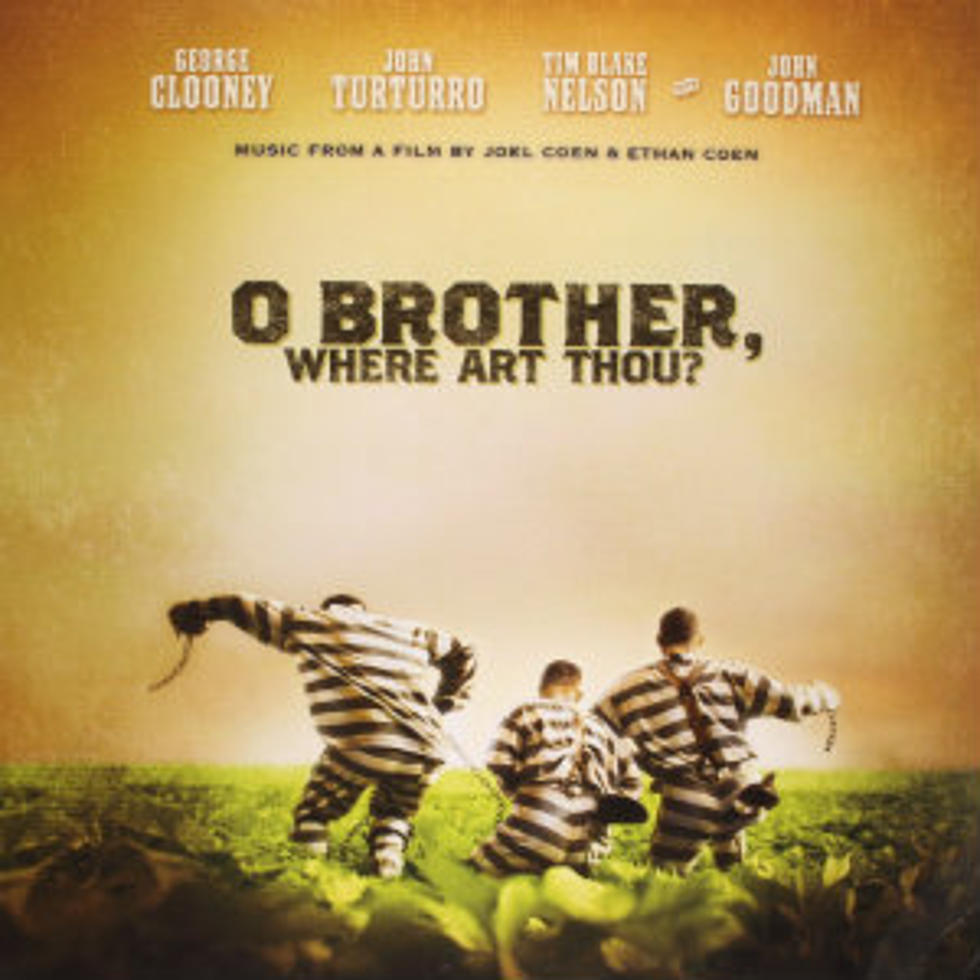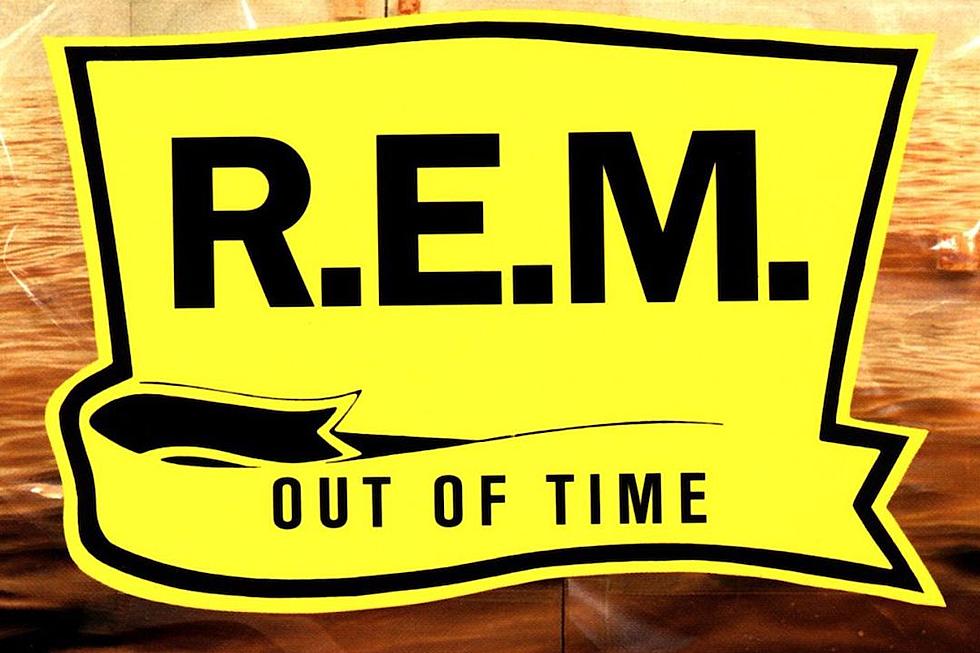
15 Years Ago: The ‘O Brother, Where Art Thou?’ Soundtrack Reinvigorates Bluegrass
Prior to 2000, many music fans unfamiliar with traditional country and folk would’ve been hard pressed to define or even explain the American-bred subgenre known as bluegrass, even though the style has officially been around since the post-WWII era and has roots as far back as the Appalachian settlers of the 18th century. But then along came an unforgettable work of Coen brothers Hollywood magic called O Brother, Where Art Thou? — and a bluegrass-heavy accompanying soundtrack that played prominently in the film—and suddenly normally sensible people were running out and buying banjos. Banjos! It was one hell of a soundtrack.
And even if the banjo you bought back in the day has long been collecting dust, now 15 years later after it was released, the film and soundtrack still retain their charm. The movie— a Depression-era musical farce loosely based on Homer’s The Odyssey — remains one of the most unique and unexpected film successes of recent history and a career highlight for bona fide leading man George Clooney, while the soundtrack is nothing short of timeless.
From the beginning, the soundtrack was planned as a major component of the film, so work began to record the album before production of the movie took place. T-Bone Burnett was enlisted to produce and more importantly, to curate the soundtrack, pulling not just from bluegrass but also from country, gospel, blues and folk music. Despite its vintage feel the soundtrack is comprised of mostly modern recordings, aside from a handful of vintage period tracks (most memorably, Harry McClintock’s “Big Rock Candy Mountain,” circa 1928).
That said, the “millennium bluegrass” of the O Brother soundtrack respectfully follows in the Appalachian tradition that preceded it, right down to its contrast of light and dark themes and tones. For all the peppy cheer of “Keep On the Sunnyside” and “In the Highways,” there’s the gloomy counterbalance of “O Death,” “Lonesome Valley,” “Angel Band,” and “I Am Weary.” It makes for a gripping emotional journey through the psyche of our forebears; the soundtrack to the life and death of the film’s 1930s rural Americans.
Then there’s the “big hit” on the record: “I Am A Man Of Constant Sorrow,” performed in the film by Clooney’s Soggy Bottom Boys, and voiced in real life by Dan Tyminski (lead vocal), Harley Allen and Pat Enright. Remarkably catchy and representative of the film’s aesthetic, the song was recorded in five different versions: Two are used in the film, one in the music video, and two in the soundtrack. Some versions have vocals, while others are instrumental, yet regardless the song provided a constant auditory thread throughout the movie.
Not to be outdone, the ladies also played a huge part in the overall collection, despite how endearing those Soggy Bottom Boys were. The incredible Alison Krauss shines in particular, contributing the stunning “Down To The River To Pray,” then teaming up with Gillian Welch on the ethereal “I’ll Fly Away” and again with Welch and Emmylou Harris for this tale’s mythical siren song, “Didn’t Leave Nobody but the Baby.” The fragile beauty of these moments provide an essential contrast to the soundtrack’s earthy, more masculine elements.
After the album's release, it became clear there was money in Americana: The soundtrack is certified eight times platinum, with sales of 7.9 million copies in the U.S. alone. In 2002, the record won a Grammy for Album of the Year, as well as Grammys for Best Country Collaboration with Vocals (for “Constant Sorrow”) and Best Male Country Vocal Performance (for “O, Death” by Ralph Stanley). The album has been included in endless “Best Of” lists over the years, including “The Decade’s 50 Most Important Recordings” on NPR's All Songs Considered. A 10th anniversary edition was released on August 23, 2011, bearing 14 previously unreleased tracks.
Perhaps most importantly, the album’s legacy now extends far beyond even its own compositions. Some observers (including this writer) might say that much of the resurgence in modern-day folk, roots and Americana — a trend that recently hit pop-crossover levels with acts like Mumford & Sons and the Lumineers — originated from the massive popularity of the O Brother, Where Art Thou? soundtrack. It may have taken more than half a century, but bluegrass is no longer Appalachia’s best-kept secret.
50 Albums You Absolutely Need to Own on Vinyl
More From Diffuser.fm









